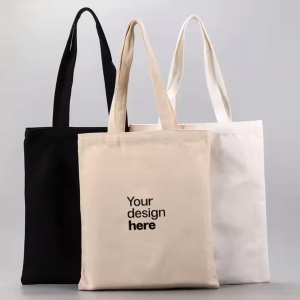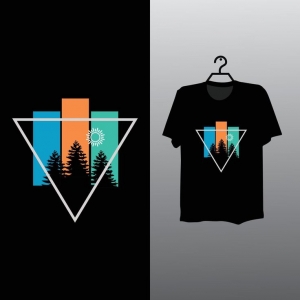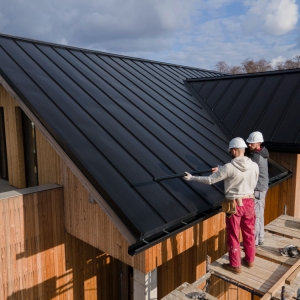When creating custom plush toys, whether for retail, corporate gifting, or promotional events—one of the most important early decisions is choosing between wholesale production and small-batch production. Each model offers distinct benefits and challenges, depending on your goals, budget, timeline, and business scale. Understanding the differences helps businesses make smarter, more sustainable decisions when bringing their plush toy ideas to life.
Understanding Wholesale Plush Production
Wholesale production typically refers to large-volume manufacturing, often starting at several thousand units. It is favored by brands that have established demand, distribution channels, or long-term inventory strategies.
Advantages of Wholesale Production:
Lower Cost per Unit: The more you order, the less each plush toy costs, making it ideal for mass retail or promotional campaigns.
Consistent Quality: Mass production lines are optimized for consistency in shape, color, stitching, and branding.
Global Scalability: Suitable for companies needing large volumes for nationwide or international markets.
Customization Options at Scale: With high minimum order quantities (MOQs), manufacturers often offer extensive customization, including custom fabrics, embroidery, and packaging.

Challenges of Wholesale Production:
High Upfront Investment: Bulk orders require significant initial capital, which may be risky for startups or untested products.
Longer Lead Times: Production and shipping may take weeks or months depending on complexity and location.
Storage and Inventory Management: Large orders require warehousing and efficient logistics planning.
Exploring Small-Batch Custom Plush Production
Small-batch production typically involves limited runs, often under 500 units of custom plush toys. It is an ideal choice for independent creators, early-stage brands, or organizations testing the market.
Advantages of Small-Batch Production:
Low Risk: Smaller quantities reduce financial risk and allow for agile decision-making.
Faster Turnaround: With fewer units to produce, timelines from concept to delivery are often shorter.
Flexibility: Brands can refine designs, test markets, or create exclusive editions without overcommitting.
Ideal for Crowdfunding & Events: Perfect for limited campaigns, giveaways, or niche collections.
Challenges of Small-Batch Production:
Higher Cost per Unit: Lower volumes mean manufacturers charge more per plush toy to cover labor and setup.
Limited Customization: Fewer options for custom features or complex designs, especially for very low quantities.
Scaling Constraints: If demand surges, switching to mass production may require renegotiation or changing manufacturers.

Choosing the Right Model for Your Business
The right production strategy depends on your unique needs:
If you're launching a national toy line, running a retail chain, or managing seasonal inventory, wholesale production offers the scale and cost-efficiency required.
If you're a designer testing prototypes, building a collector brand, or organizing a one-time promotion, small-batch production offers flexibility and creative control.
Some companies start small to validate the product and then transition to wholesale once they confirm market demand. This hybrid approach balances caution with potential for growth.

Final Thoughts
Both wholesale and small-batch custom plush production have their place in today’s toy manufacturing landscape. The best choice depends on your budget, timeline, market size, and risk tolerance. By aligning production strategy with business goals, brands can deliver plush toys that resonate with audiences—whether it’s thousands at a time or a handful of carefully crafted creations.







